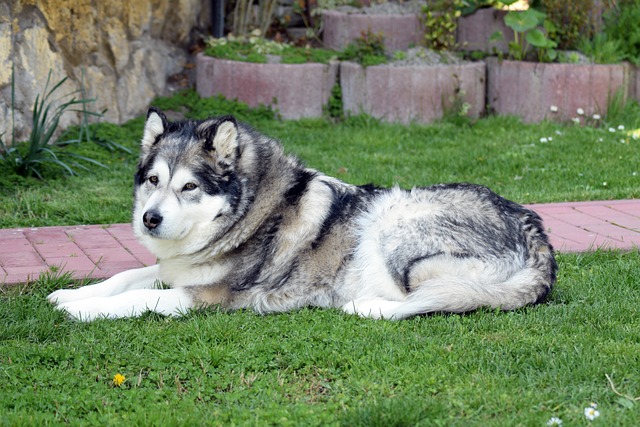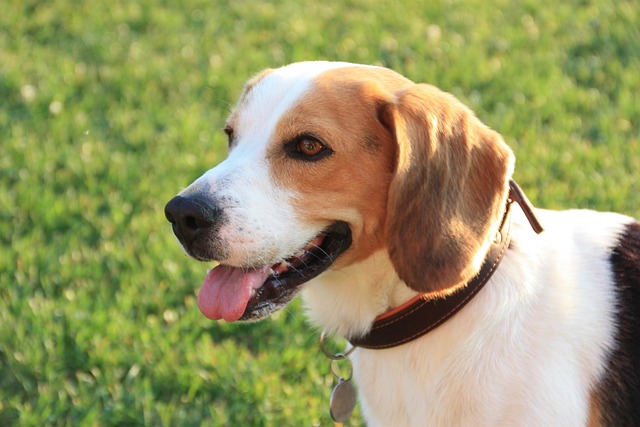That angry, oozing red patch on your Golden Retriever’s hip? It’s likely a hot spot – a painful, super-itchy skin infection that can balloon overnight. Scientifically termed acute moist dermatitis, these lesions start from minor irritations (a flea bite, trapped moisture) that trigger frantic licking. This trauma breaks the skin barrier, letting bacteria like Staphylococcus multiply rapidly in the warm, damp environment. While vet care is essential, early-stage home treatment can prevent ER visits – but only if done thoughtfully.
First, pause before grabbing remedies. Hot spots deeper than a penny or smelling foul need veterinary antibiotics – delaying this in states like Massachusetts could breach animal cruelty laws requiring relief from suffering. If cleared for home care, gather vet-approved supplies: clippers with rounded tips (never scissors!), sterile gauze, dilute chlorhexidine solution (0.05%), and a hypoallergenic spray like Vetericyn. Skip human Neosporin – dogs lick it off, risking toxicity.
Prep your space calmly. Apartment dwellers: lay puppy pads in your bathtub or use a plastic kiddie pool on the balcony (check lease rules first – Denver landlords often fine for stained decks!). Gently trim fur around the spot with clippers held parallel to the skin. Matted hair traps moisture, worsening infection. Next, soak gauze in cool chlorhexidine solution and compress – don’t rub – the area for 2 minutes to lift debris. Rinse with room-temperature bottled water if your tap water is hard; mineral buildup irritates. Pat dry with paper towels (microfiber towels harbor bacteria).

Apply treatment strategically. Mist vet-recommended sprays 4-6 inches away – direct contact stings. Distract your pup with a frozen lick mat during this; positive reinforcement aligns with humane training laws in 28 states banning "corrective" pain. Prevent chewing with a breathable recovery suit (Amazon carries them) or an Elizabethan collar – not punishment, but medical necessity. For chronic scratchers, try a 10-minute oatmeal bath (Aveeno ground oats in lukewarm water), but never submerge hot spots – prolonged moisture fuels bacteria.
Culture matters as much as care. If walking your dog before healing, use a hands-free poop bag holder (required in Chicago parks) and avoid grassy communal areas – open sores can spread infections to other pets. Skip daycare until scabbed; Oregon mandates isolation for contagious conditions. Monitor for 48 hours: reduced redness means progress. Increased swelling? That’s an emergency vet call – animal welfare laws prioritize prompt intervention.
Remember, home care is first aid, not cure-alls. Recurring spots signal allergies or thyroid issues needing diagnostics. But for that sudden summer flare-up? Calm, clean, and compliant actions bring relief. When your Lab finally stops scratching and sighs into sleep? That’s victory.






